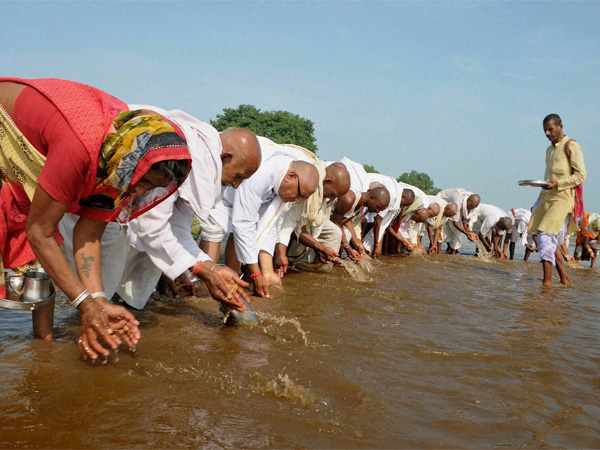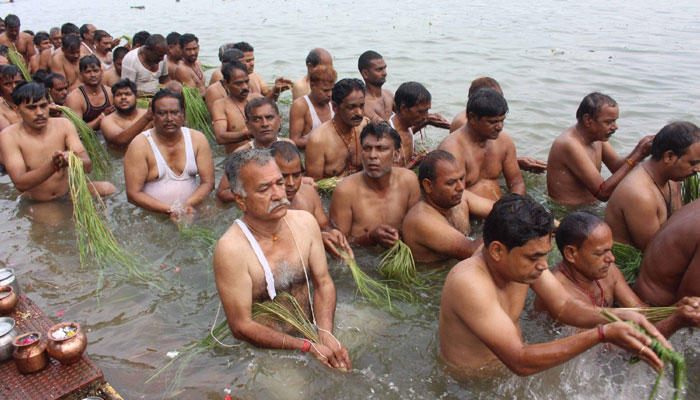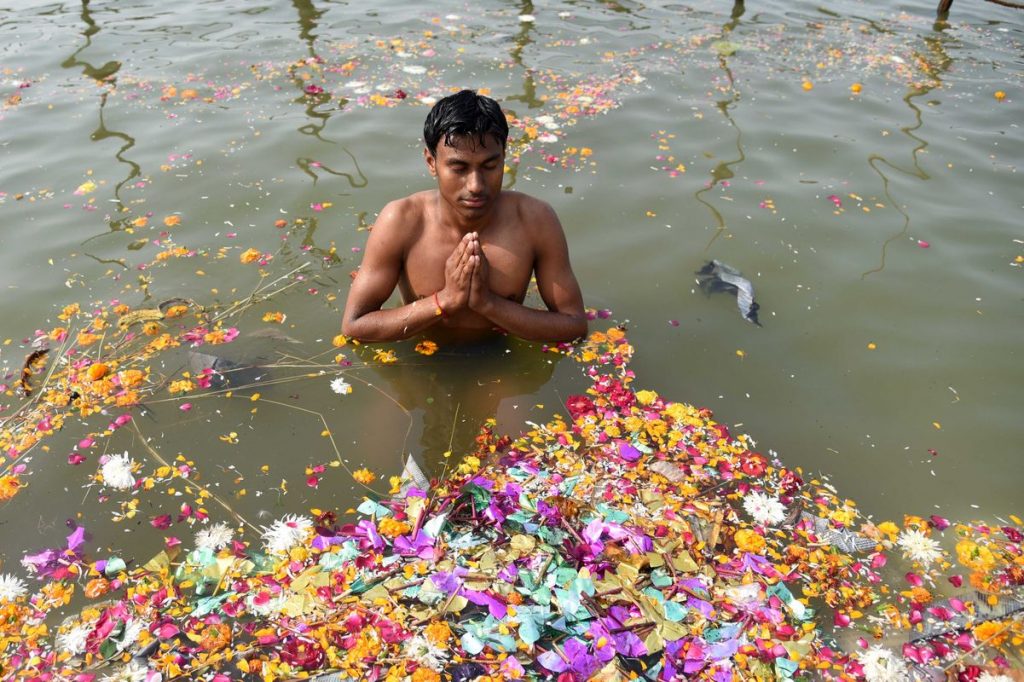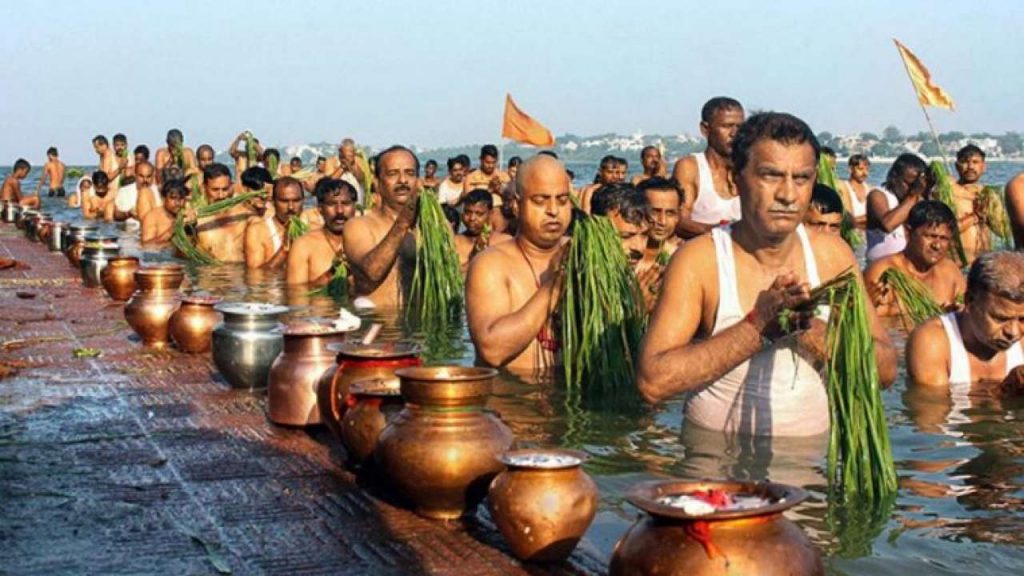
Origins
Pitru Paksha is a festival celebrated by the Hindu population. It began with a warrior, named Karna who died during the war. He went to heaven and was served gold and jewelry as food. When he asked King Lundra why he was being fed jewelry and gold the King replied, “while you were on earth you only gifted people gold and never any food and water.” Karna then apologized, and asked the King to return to earth to fix his mistakes. King Lundra allowed him to return to earth for 16 days in order to fix his wrongdoings.
Beliefs

In Hinduism, it is believed that like the birth of a baby (which includes many traditions, gifts and processes) that the same should also be done when a person dies and leaves the physical earth. The ultimate goal of this celebration is to bring peace to their ancestors. During this time, they accept donations during the entire 16 day period. It is believed that by donating water and food to everyone they will achieve salvation among themselves. Water is seen as the most important donation due to the fact it signifies purity, and is believed to wash away their debts. This is a period reserved for eating and praying for the dead.
Traditions
This year, the festival begins on September 1st, 2020 and ends on September 17th. Every year is a preset date that is aligned with the lunar calendar. The celebration symbolically lasts 16 days-for the 16 days that Karna was allowed back to earth.
During this festival, large amounts of food are provided in a feast called Shraddha. A meal that is commonly made during this time is rice in the form of a ball. By touching the ball of rice, this signifies peace for the souls of the departed. During this time the dead, or spiritual form of the deceased come back to earth to accept the food and prayers from their living descendants. If the spirits are pleased with the food they receive, the family will be blessed with health and wealth.
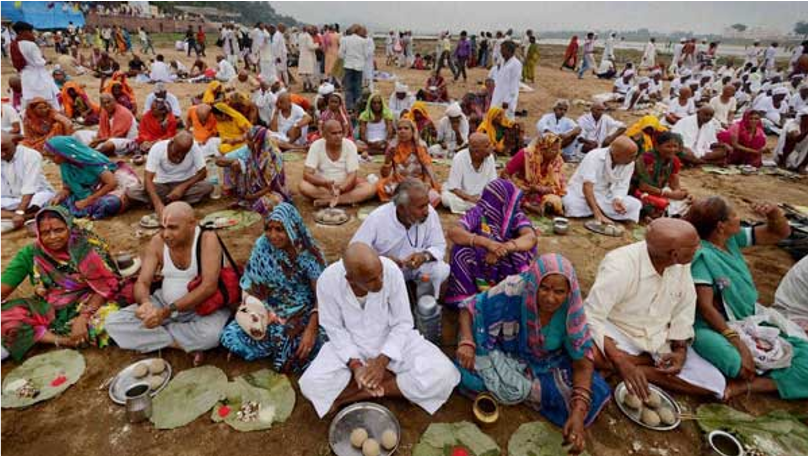
Other common foods made for Pitru Paksha (all Vegetarian) includes:
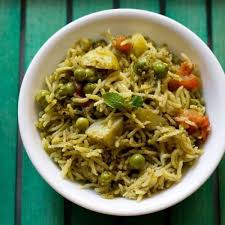
Pudina Rice 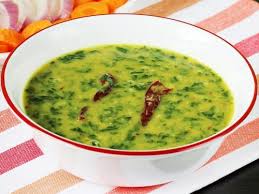
Dal Palak
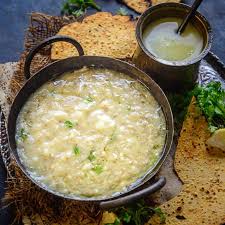
Bajre ki Khichidi 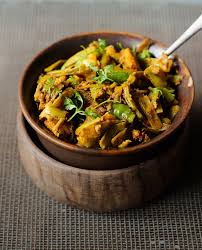
Guar ki Phali
Prior to Shraddha, participants take a purifying bath often in the sea or river. Men wear a traditional garment called a dhoti, a cloth-like material with a bare chest. Hindu Priests oversee the ritual, and bless everyone.
During this time, people should not:
- Take on extra work or projects
- No consumption of garlic
- Not cut hair, nails or shave
- No harming animals- a vegetarian diet must be followed

